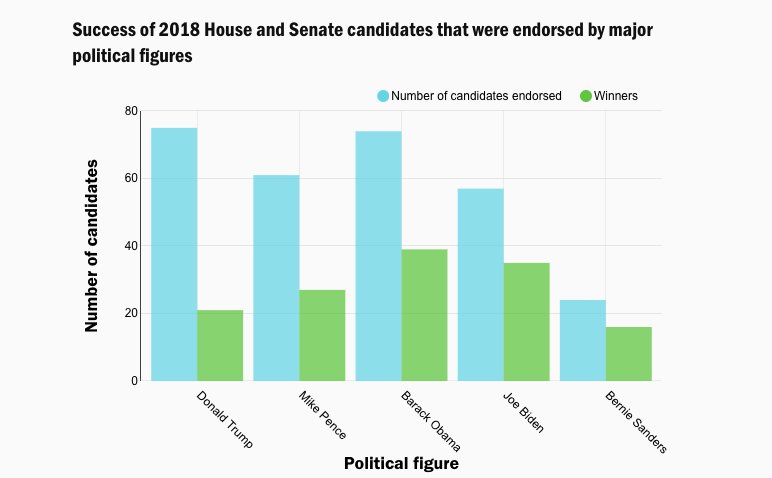Android Smart Phone First Impressions
Published at 18:17 on 30 November 2018
Yes, I’ve bought one of the things, at long last. Not because I really want one to be part of my life, but because I’m thinking of being a technology assistant (focusing on senior citizens) as one of my self-employment ideas. Whether I like it or not, smartphones are one of the most common and most complex things people interact with on a daily basis, so it behooves me to familiarize myself with them before I start claiming I can help others with them.
Furthermore, the majority of web browsing is now done on smart phones, and it’s very difficult to to design a good mobile-friendly web page unless you have a mobile device to test it on.
I decided to purchase an Android, because those cost approximately 2.5 times less than iPhones, yet have about five times the market share. I expect I will acquire an iPhone as well, because I want to be familiar with both models.
Much of it is as expected. I don’t like touch screens and probably never will. The overall impression is of a device that wants to hijack my entire life and take it over. For example, it begs for email addresses then automatically configures its mail client, with notifications enabled, for any accounts you entered. So every fucking email you receive will make your phone emit a noise and disturb you. In fact, the default is for notifications to be on for every application on the phone. That’s right, the standard configuration is for the device to be as intrusive as possible. This can be defeated, of course, but it’s quite telling.
The Data Saver mode could be better. This tells applications to put a lid on the data usage unless you’re connected to a WiFi network. It’s not as good as booting them off the Internet entirely, but it’s a start. Ideally, one should be able to set apps to be in one of three mobile data modes: unrestricted, restricted, and disallowed. The latter mode should be enforced rigidly at the system level; networking calls would basically fail if it is set. Why should an app be allowed to hijack my phone service and force me to pay against my will to feed it data? Because it’s a device built on the premise of hijacking my entire life, that’s why. In a way, I’m actually surprised there’s any sort of Data Saver mode at all. An imperfect limit on network usage is still better than no limit at all.
It’s an unlocked phone. Enabling it was a simple matter of transplanting the SIM card from my existing Nokia 3310 3G to the new phone. Disabling it will be a simple matter of of reversing the SIM card transplant. I plan on doing that after carrying the new phone with me for a few weeks to better learn it.
Then the phone gets powered down and wrapped in foil or put in a metal box. Why? Because (cue scratched gramophone record), it’s a device built on the premise of hijacking people’s lives. You can’t fully turn it off with a physical on/off switch. You can’t remove the battery, either (at least not with special tools). This is standard for smartphones. As such, there’s no way of being certain it’s not being used as an eavesdropping device, unless you put it in a Faraday cage.



